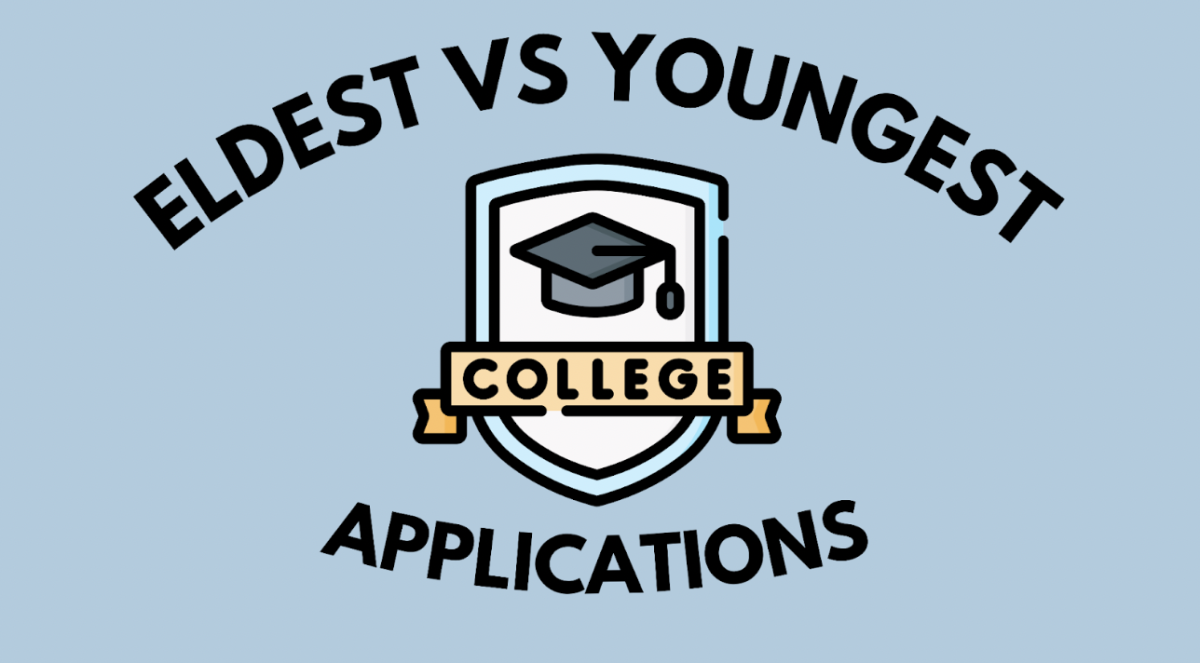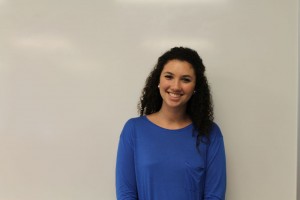“Staples students try to be respectful. They at least try to keep their eyes open,” said Holly Sulzycki, an English teacher at Staples.
Staples students do try to stay awake in class and pay attention, but sometimes it just doesn’t work out. There are a good number of students who struggle every day to keep awake, alert, and on task during class.
According to Guidance Counselor Ed Huydic, there are three main causes for students falling asleep in class. The first cause is a student being overbooked. Due to the weight of their classes and extra curricular or outside of school activities, by the time they go to sleep, they will soon be waking up again.
“They get into a biorhythm where they get to be nocturnal and their rhythms are really off. They are learning the hard way that you can’t do it all,” Huydic said.
The second cause can be mental or emotional issues. Whether it’s personal or familial, these problems prevent students from getting a good sleep each night. Huydic recommends therapeutic interventions or medication for this type of student. Yoga has become increasingly popular for stress reduction.
A third significant reason for falling asleep in class is that some students can’t stay awake in class is because of an attention disorder, such as A.D.D. or A.D.H.D. If these students didn’t burn off all of their energy during the day or aren’t properly medicated they, too, will not get enough hours of sleep.
Contrary to popular belief, most students are not simply slacking off – so teachers, don’t feel too offended if you catch a dozer in your class. “It’s not that anything’s boring me or it’s not interesting, I just can’t keep my eyes open,” said Perrin Judd ’12.
Judd says that staying up late to study has led to exhaustion to the point where she doesn’t even notice if she falls asleep. “Even if I want to stay up and pay attention, my eyes just get heavy and the next thing I know I wake up and realize that I just missed a chunk of class,” said Judd.
In addition, it is a common misconception that morning classes result in more sleepy students. Morse and Sulzyki felt that first period can put many to sleep, but Judd found herself dozing off in her afternoon classes.
According to Livestrong.com, eating lunch can lead to drowsiness. High glycemic carbohydrates, also known as simple carbohydrates, raise one’s blood sugar, which will make one more tired. These foods include white rice, white breads, pasta, candy, and baked goods. This proves that, in fact, students are more prone to falling asleep after school.
So what happens when a student is caught dozing? Most teachers try to subtly wake the student up. Tactics include giving the student a gentle nudge or asking them a question in a loud voice.
“Sometimes I let it ride, sometimes I don’t. But, I try not to embarrass them. I don’t just say ‘Hey, you’re sleeping,’” said Michelle Morse, a Science teacher at Staples. Similarly, Sulzycki says that she tends to stop mid-sentence and say their name, or “So and so, are you with us?”
It is not too often that a teacher has to go to extreme measures and send a student to the nurse for falling asleep in class. “I think teachers try to deal with it in the classroom,” said Libby Russ, one of the registered nurses at the school. She added that she gets about one student a month in the nurse due to this problem.
“Sometimes the mere act of getting up and walking here will wake [the student] up,” said Russ. When a student is sent to the nurse, the nurses try to investigate why the student is so tired and if they have a free period or any point in the day to take a short nap. However, it is not their policy to let students skip class to sleep in the nurse’s office.
Students falling sleep in class not only puts teachers in an uncomfortable position, but it also alters the classroom dynamic. There is a continual buzz from the students who are witnessing their peer or peers sleep.
“There are constantly kids resting their heads on the table who I can tell did not get a lot of sleep the night before, and when they fall asleep it’s always really awkward,” said Hannah Lewis ’14.












































